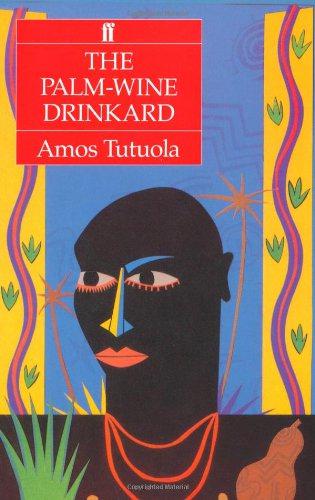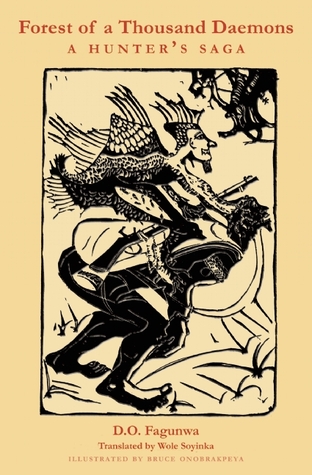
Black History Month is an opportunity to showcase the achievements of black people, especially those who have not received their deserved flowers yet. In this spirit, I want to highlight the writings of Daniel Fagunwa and Amos Tutuola. Fagunwa’s most prominent writing is The Forest of a Thousand Daemons: A Hunter’s Saga published in 1939. Fagunwa influenced Amos Tutuola, who published The Palm-Wine Drinkard in 1952. My interest in these writers as a researcher within my PhD thesis (a version of which has already been contracted by Routledge) is finding a way to question and possibly try to understand why their works are not as influential in the contemporary canon of modern African literature. I define modern African literature here following Anthony Appiah, who calls Things Fall Apart, ‘archetypal modern African novel in English’ (1992: ix). This body of writing Things Fall Apart is a pioneer, which was formed in 1960s, Mukoma Wa Ngugi says that it ‘set in motion a literary tradition that would engulf subsequent generations in debates around the definition and category of African literature’ (2018:2). Once we are dealing with issue of canonicity or the selection of a body of writing over the other, according to Pierre Bourdieu (1993) we are dealing with issue of power, and of those who have authority to select a variety of writing and canonise it over other competing type of writing.

The canon of modern African literature was deeply influenced by the CIA through the Congress for Cultural Freedom during the postwar period. As Asha Rogers affirms, the CIA, through ‘its funding created space for the literary forms, modes of criticism, and debates that would dominate African literary critical discourse in the second half of the twentieth century’ (2017:254). What happens is that the African literature favoured within this canon shared an aesthetic and a thematic concern. The literary critic Harry Garuba, although not referring to CIA intervention, calls such aesthetic and thematic concerns ‘the question of African modernity’. He writes, ‘A major—if not the central—problematic of African studies today is, I believe, the question of African modernity’ (2003:280). As a result of sharing in this aesthetic and/or thematic concern, this canonised literature produces stories in which its tropes are standardised and limited to the circumstances or questions of African modernity. As a result, we see literature defending Africa’s modernity; literature premised upon clashes of African modernity with Western modernity, literature that documents how new modern African nations run into crisis, and literature about immigration happening and the lives of African immigrants in the West as a result of failed modern African states. The writings of Fagunwa and Tutuola do not deal with these concerns. Their works from my reading are mostly ecocritical in orientation. This canon elided them because their concern was not about African modernity. So, whenever I encourage people to engage with Fagunwa and Tutuola, I see this as an act of subversion to Cold War-imposed politics, aesthetics and governmentality forced upon Africa’s mind.

Selected Citations
Appiah, K. A (1992). ‘Introduction’. Things Hall Apart. New York: Knopf
Bourdieu, P. (1993) The Field of Cultural Production: Essays on Art and Literature. Johnson, R. (ed). New York: Columbia University Press
Garuba, H. (2003) ‘Explorations in Animist Materialism: Notes on Reading/Writing African Literature, Culture, and Society.’ Public Culture, 15(2) pp. 261-286.
Ngugi, M. W. (2018). The Rise of the African Novel Politics of Language, Identity, and Ownership. Ann Arbor: University of Michigan Press
Rogers, A., (2017) ‘Black Orpheus and the African Magazines of the Congress for Cultural Freedom’. In: Scott-Smith, G., and Lerg, C. A (eds), Campaigning Culture and the Global Cold War: The Journals of the Congress for Cultural Freedom. London: Routledge, pp. 243-259


